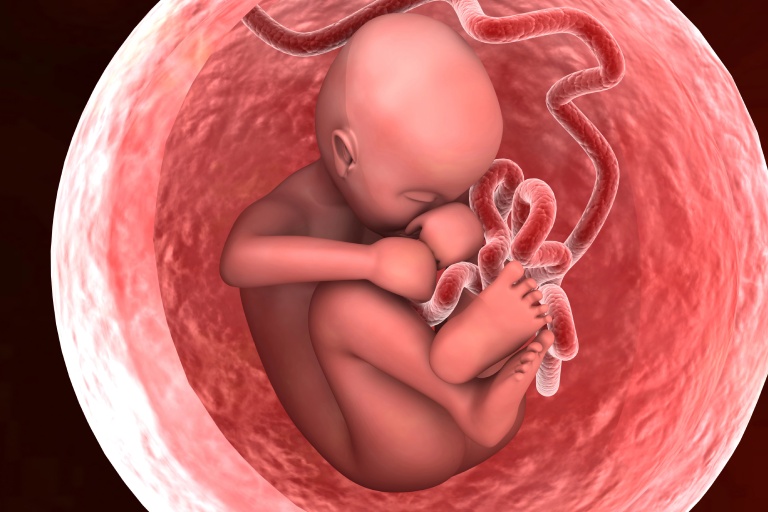
Infertility facts are often clouded by myths and misunderstandings, which can make it difficult for those struggling with infertility to find the correct information and support. Infertility is a common medical condition that affects millions of people worldwide, and it’s essential to understand the truth behind it.
Whether you’re trying to conceive or supporting someone who is, knowing the truth about this topic can help reduce confusion and offer hope. In this article, we’ll summarize the top 11 facts about infertility to help you better understand this condition and available options.
Infertility Is More Common Than You Think
Infertility affects both men and women. In fact, about 1 in 8 couples in the U.S. experience infertility. It is a widespread issue, yet often not talked about openly. A common misconception is that infertility is primarily a female issue. However, studies show that men are just as likely as women to experience fertility problems, contributing to the challenges couples face when trying to conceive.
Age Plays a Crucial Role
Age is one of the most significant factors influencing fertility. For women, fertility begins to decline in the early 30s and drops more rapidly after age 35.
This is because the number and quality of a woman’s eggs decrease with age. For men, while fertility doesn’t decrease as dramatically with age, sperm quality can still be affected. The risk of genetic issues, lower sperm count, and motility can increase in older men, which can impact fertility as well.
Male Factor Infertility Is Often Overlooked
One of the most overlooked facts about infertility is male infertility. It is just as prevalent as female infertility but is often underdiagnosed. Many people assume that the cause of infertility lies with the woman, which can lead to unnecessary stress and delays in treatment.
In fact, male factor infertility accounts for approximately 30-40% of all infertility cases. Factors like low sperm count, poor motility, or abnormal sperm morphology can affect a man’s ability to father a child.
Infertility Can Be Caused by Many Factors
There are numerous reasons why a person might struggle with infertility, and it’s not always tied to just one factor. Conditions like endometriosis, polycystic ovary syndrome (PCOS), and thyroid issues can lead to fertility problems in women. For men, issues such as varicocele (enlarged veins in the scrotum) or infections can interfere with sperm production. Lifestyle choices, like smoking, excessive alcohol consumption, and obesity, can also impact fertility in both men and women.
It’s Not Just About Having a Baby – It’s About Timing Too
Conception is not just about having regular intercourse; it’s also about timing. For women, knowing the window of fertility during their menstrual cycle is essential. Conditions like irregular cycles or anovulation (lack of ovulation) can make timing more challenging.
For men, the timing of sperm release can also play a crucial role in conception. Tracking ovulation cycles and seeking professional advice can significantly increase the chances of getting pregnant.
Women Aren’t the Only Ones Who Can Benefit from Fertility Treatments
Fertility treatments are often associated with women, but both men and women can benefit from them. Treatments such as intrauterine insemination (IUI), in vitro fertilization (IVF), and fertility medications can assist couples facing various infertility challenges. Additionally, individuals or couples who cannot carry a pregnancy to term may opt for surrogates or egg donation, expanding their family-building options. These treatments provide hope for many, even when other methods have failed.
Infertility Can Be Emotionally Challenging
Infertility is not just a physical struggle – it’s an emotional one too. Many individuals and couples experience feelings of sadness, frustration, guilt, and even grief.
The journey to parenthood can feel isolating, especially when faced with the pressure of social expectations and the challenges of fertility treatments. Support from loved ones, fertility counselors, or support groups can help manage the emotional toll and offer a sense of community.
Lifestyle Choices Can Impact Fertility
Lifestyle habits play a critical role in fertility. Factors like smoking, drinking alcohol, and being overweight can negatively impact reproductive health. For women, a healthy diet rich in vitamins, minerals, and antioxidants can improve egg quality, while men can benefit from lifestyle changes to boost sperm count and motility. Maintaining a healthy weight, exercising regularly, and reducing stress can improve fertility outcomes for both men and women.
Fertility Treatments Aren’t Always a Guarantee
While fertility treatments such as IVF have made significant advancements, they are not always successful. Success rates vary depending on factors such as age, the cause of infertility, and the type of treatment used.
IVF, for example, has a success rate of around 40% for women under 35, but this rate decreases with age. It’s important to approach fertility treatments with realistic expectations and to understand that each person’s journey is unique.
Surrogacy and Egg Donation Are Viable Options
For some individuals and couples, surrogacy and egg donation offer a way to build their families when traditional methods of conception are not viable. Surrogacy involves another woman carrying the pregnancy for the intended parents.
At the same time, egg donation offers women who may not be able to produce healthy eggs the chance to use a donor’s eggs. These options can be emotionally and physically demanding, but they offer a fulfilling solution for many people facing infertility.
Infertility Treatments Are Becoming More Accessible
Over the years, infertility treatments have become more widely available and affordable. With advancements in reproductive technology and greater public awareness, many individuals and couples now have access to a range of fertility treatments.
Insurance coverage for infertility treatments has also improved in some regions, making these services more accessible to those who need them. While costs can still be a barrier for some, ongoing advocacy and policy changes are working to make fertility care more equitable for people across different socio-economic backgrounds.
Moving Forward With Knowledge and Support
Infertility is a complex and emotional journey, but understanding the facts and dispelling the myths can make a world of difference. Fertility treatments, including surrogacy and egg donation, offer hope to many who otherwise might not have the chance to have children.
At Carrying Dreams, we specialize in helping individuals and couples build families worldwide through surrogacy and egg donation. Our full-service agency offers expert consulting, matching, and facilitation to guide you through your fertility journey with care and support.



